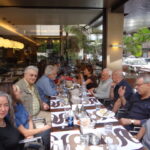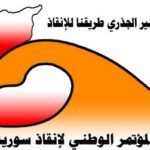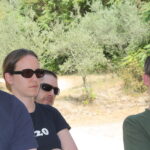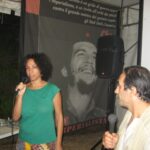The general crisis of capitalism is directly reflected upon Georgia. All main contradictions of globalizing capitalism have their concrete and direct consequences on the processes developing in Georgia and orient these processes towards the certain riverbed.
Is Georgia the «Beacon of Democracy» or an oasis of neoliberal dictatorship?
The USA poses Georgia as a successful American experiment, an example for imitation, having proclaimed it the "Beacon of Democracy." So-called “neoliberal reforms” that were carried out in an uncompromising and a specially aggressive way in Georgia, came to their logical end. Privatization of all spheres of economy and social infrastructure is complete. All plants and factories, which functioned at the very least, have found themselves in private hands. All power supply systems, the hydroelectric power stations, almost all city services including systems of electricity transmissions, natural gas and water supply, are privatized. Natural resources, the woods, seaports are privatized.
The process of …
[read more]










